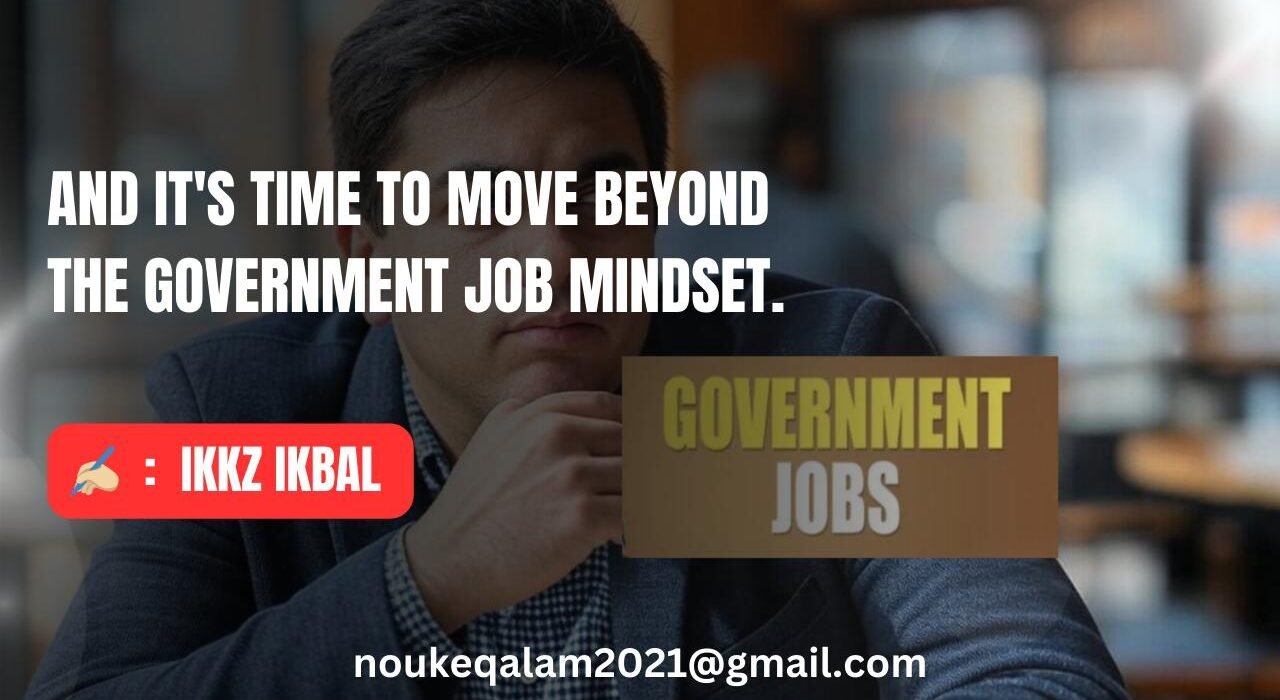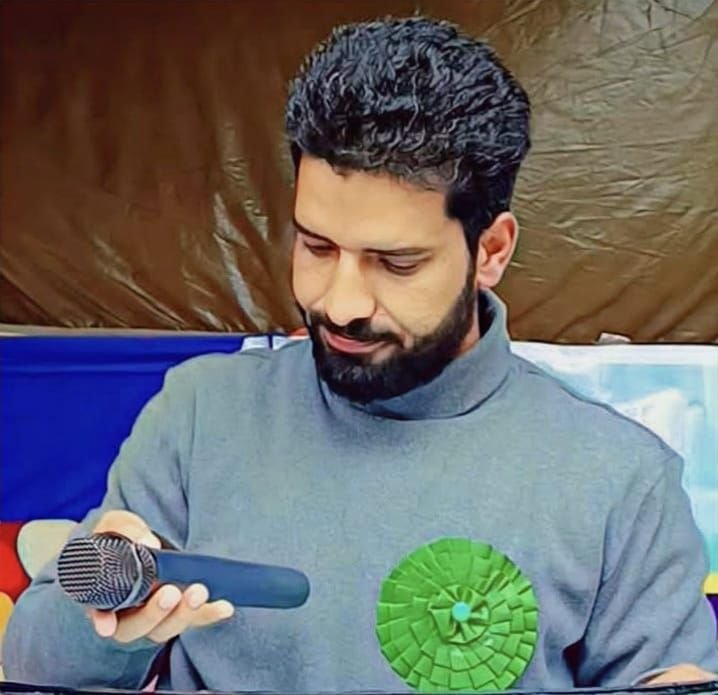For years, landing a government job in Kashmir was the ultimate goal. It was a sign of stability, respect, and lifelong security. One secure position could sustain an entire family. But times have changed now. From the standpoint of Kashmir and its young generation,competition is fierce, job opportunities are scarce, and many young people are left with limited choices.
Today, the picture is starkly different. Over 370,000 young people are registered as unemployed in Jammu and Kashmir.
Government jobs are becoming increasingly rare, and competition has reached unprecedentedly to an all time high. Every year, countless young individuals apply for very limited vacancies, leaving the vast majority disappointed. The odds, frankly, are not in anyone’s favor.
Yet the dream persists. Across the Valley, thousands of young people continue to pin their hopes on government exams, clinging to a version of success that no longer exists. Many spend years preparing for competitive exams that may never lead to a job. Some clear the exams but are left waiting indefinitely for appointments that may or may not come.
Meanwhile, the private sector in this part of the world—still growing, still unstable—offers little solace. Unlike their parents, young Kashmiris today are expected to achieve financial independence without job security, pensions, or generational wealth. They are expected to secure good jobs, build their own homes, get married, and provide for their families—all while navigating a job market that lacks stability.
The toll is visible. I’ve seen it in my classrooms and among former students. Young men and women feel defeated before they even begin. Some grow frustrated; others grow silent. In tragic cases, a few lose all hope entirely.
We need to understand what this generation is facing. And we need to stop telling them that the problem is laziness or ambition. This is not a character flaw, it’s an economic reality.
What’s holding us back, in part, is a deep cultural attachment to outdated ideas of success. In Kashmir, we spend extravagantly on weddings and homes, often at the cost of long-term investments in our children’s futures. A family might pour its life savings into a single ceremony, but balk at the idea of helping a child start a business.
What if we reversed that thinking? Imagine the impact if those same resources were used to fund a startup, finance a course, or support a new trade. Imagine if families backed their children’s ideas with the same enthusiasm they reserve for marriage arrangements. That shift in priorities could change lives.
We also need to do a better job of encouraging self-employment and entrepreneurship. There’s growing potential in sectors like agribusiness, tourism, tech, and e-commerce. But young people are often discouraged from exploring these paths because they’re not “respectable” in the eyes of society.
This mindset has to go. We can’t keep telling young people to chase opportunities that no longer exist while ignoring the possibilities right in front of them.
The older generation has a role to play here too. They must stop comparing today’s reality with their own past. What worked decades ago doesn’t work now. Jobs aren’t guaranteed. Pensions aren’t promised. And mental health struggles, once brushed off, are very real.
Young people are dealing with pressure, uncertainty, and fear. They need support, not scolding. They need space to try, to fail, and to find their own path. What they don’t need is to be told they’re weak or ungrateful.
This isn’t just about jobs. It’s about how we, as a society, respond to the changing world. It’s about whether we’re willing to adapt or insist on a broken system.
Change is possible. But it starts with us: parents, teachers, policymakers, and community leaders. We have to expand what we consider a “successful” career. We have to invest in education that teaches practical skills, not just test preparation. We have to create real opportunities for young people, and we have to support them when they take risks.
The youth of Kashmir are not lazy. They are not entitled. They are navigating a world that looks nothing like the one we grew up in. They deserve our understanding, and more importantly, our actions.
If we continue to push them toward a future that no longer exists, we risk losing them entirely. Let’s not wait for that to happen. The time to act is now.
Ikkz Ikbal holds Masters in Biotechnology and is Principal at Maryam Memorial Institute Pandithpora Qaziabad. He X’s @IkkzIkbal






